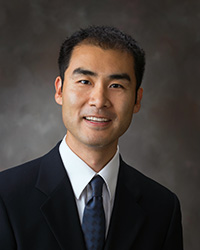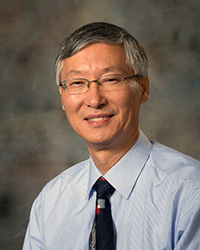A key challenge for sustainable communities is to provide clean and safe water for municipal and agricultural usages. Environmental engineers design and build facilities to remove chemical and microbial contaminants from drinking water, as well as recover energy and nutrients from wastewater. Environmental engineers also study the fate and transport of contaminants in air, surface water, groundwater and soil, and develop remediation strategies to preserve these environments for public health and ecological services.


The Environmental Engineering faculty in the UNL Department of Civil Engineering conduct research on the fundamental and applied aspects of water and air quality engineering, using knowledge in environmental chemistry, environmental microbiology, and process engineering. Research areas of interests include:
- Treatment and management of drinking water, wastewater, and storm water
- Design and optimization of treatment systems for large and small communities
- Fate and transport of emerging contaminants in soil, water, air, and sediment
- Microbial source tracking
- Wastewater reuse in agricultural irrigation
- Chemical and microbiological transformation of steroid hormones and pharmaceuticals
- Antibiotic resistance in microbial communities
- Mitigation of climate change and development of sustainable communities
- Nanomaterials and nanotechnologies for environmental applications
- Identification of best management practices for use by communities and industry in reducing water use, waste production, and energy use
- Biological treatment of hazardous air pollutants
- Odor treatment from municipal and industrial sources
Environmental Engineering

Nirupam Aich
Daugherty Water for Food Global Institute Faculty Fellow
UNL OR&I Research Leaders Program Fellow 2024-2025

Shannon Bartelt-Hunt
Donald R. Voelte, Jr. and Nancy A. Keegan Chair of Engineering and Professor
Civil and Environmental Engineering

Kaycie Lane

Xu Li
Lincoln, NE 68588

Grace Panther
Engineering Education

